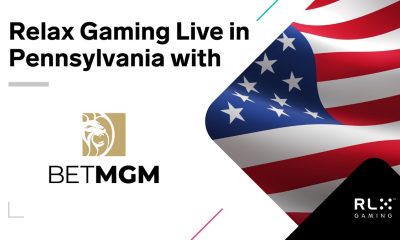Compliance Updates
Judge Rules that Pennsylvania Skill Games are ‘Devices of Skill’
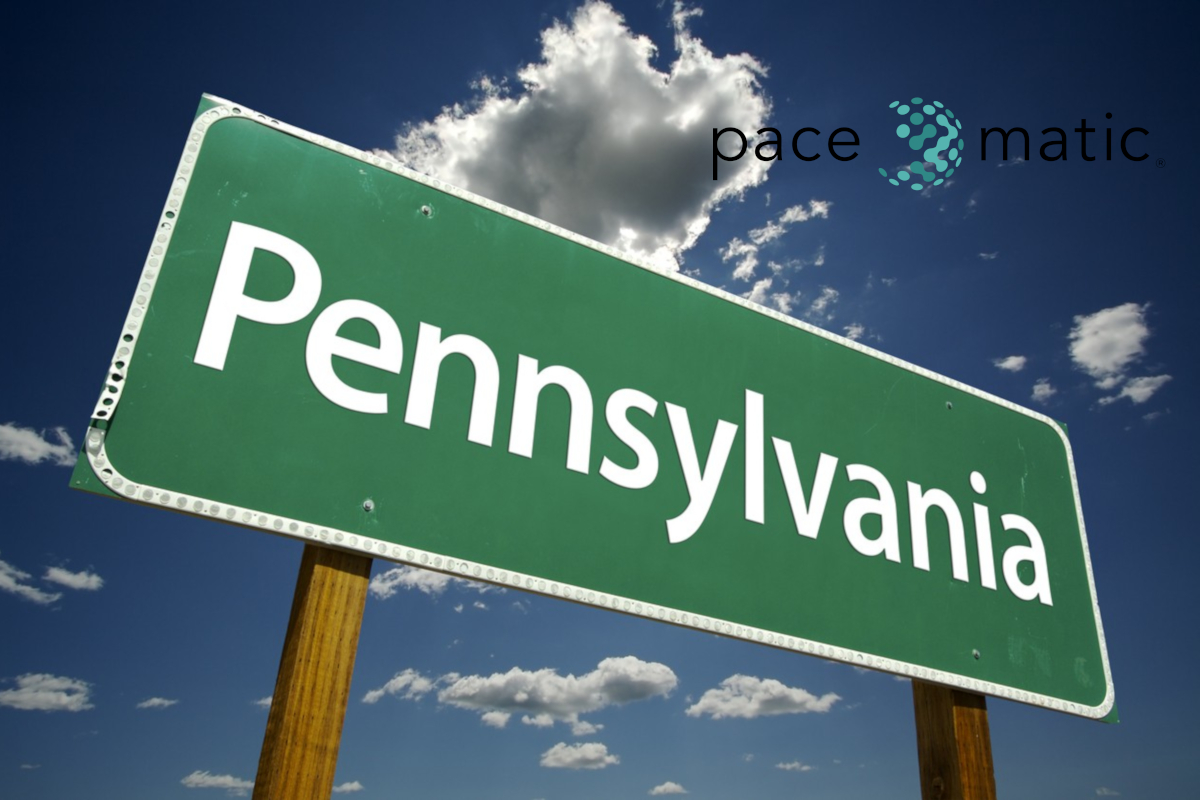
A Monroe County judge has ruled that Pennsylvania Skill games are legal. Click here to read the order from Monroe County Court of Common Pleas Judge Jonathan Mark.
Games were seized in 2022 from a small business during a seizure carried out by the Monroe County District Attorney’s office in coordination with the Pennsylvania Bureau of Liquor Control and Enforcement (BLCE) even though skill games have been deemed legal by courts of law.
In his ruling, Judge Mark said Pennsylvania Skill ‘devices are games of skill and not games of chance’.
In a Monroe County ruling earlier this year on the seized skill games, a judge reprimanded county prosecutors alleging misconduct in the investigation and their prosecution of legal skill games. Click here to read the Monroe County order.
“The court finds that the Commonwealth improperly withheld and misrepresented material evidence relative to the issuance of the search warrant in this matter and that such conduct warrants the suppression of the seized property,” Monroe County Common Pleas Judge Jennifer Harlacher Sibum wrote.
Pennsylvania Skill games also have been deemed legal skill games by other courts this year. Pace-O-Matic won a return of property motion in York County. This property – gaming machines, related equipment and cash – was wrongfully seized by BLCE. Click here to read the York County order.
In addition, a Dauphin County judge ruled in favor of the games and against county prosecutors this year. Click here to read the Dauphin County ruling.
“Initially, it is this Court’s belief that the Commonwealth’s investigation shows case bias,” Dauphin County Common Pleas Judge Andrew H Dowling wrote. “The Commonwealth is seeking to make all machines like the POM Machines into illegal gambling devices and their whole approach and intent is to shut down games regardless of the actual gameplay. Thus, the Commonwealth as a whole is biased against the games and their approach lacks case credibility.”
“Pace-O-Matic’s Pennsylvania Skill games are legal,” the counsel for Pace-O-Matic, Matthew Haverstick of Kleinbard LLC, said. “The Commonwealth has wrongfully seized its equipment for years with no credible evidence that the games are illegal. Judges are now carefully looking at the evidence and ruling in our favor.”
“Again, another Pennsylvania court has found that Pennsylvania Skill games, powered by Pace-O-Matic, are legal games of predominant skill,” the Chief Public Affairs Officer for Pace-O-Matic, Mike Barley, said. “With the legality of our games upheld repeatedly, we are eager to work with the legislature to pass legislation that will fairly regulate and tax the skill game industry. In fact, Pace-O-Matic stands out among our competitors as the active driving force seeking additional regulation and taxation.”
Legislation introduced by Pennsylvania Senator Gene Yaw will regulate skill games and tax them at a rate that would generate $300 million a year for the Commonwealth.
Pennsylvania Skill games have been ruled games of predominant skill by courts in Beaver, Dauphin, Monroe and York counties. Additionally, after a review of the law and court decisions, skill games also have been returned in both Clearfield and Delaware counties.
Pennsylvania Skill has pumped new life into the Commonwealth’s small businesses, fraternal and social clubs, volunteer fire companies and veterans’ organizations by providing an entertainment product that the public enjoys. Meanwhile, research data proves skill games do not impact the revenue of casinos and the lottery, both achieving record profits yearly.
Pennsylvania Skill games are manufactured in the Commonwealth and over 90% of the profits stay inside the state. That is unheard of in gaming and many other industries. Pace-O-Matic is proud of its record and looks forward to continuing to benefit Pennsylvania businesses, clubs and taxpayers now and in the future.
As part of ongoing efforts to ensure compliance, Pace-O-Matic employs a team of former state police officers to enforce all terms of contracts and codes of conduct. These contracted terms limit the number of machines, where they are placed in a location and have protections in place to prevent anyone underage from playing the devices.
In 2014, the Beaver County Court of Common Pleas ruled that Pace-O-Matic’s Pennsylvania Skill games are legal as games of predominant skill. Click here to read that court decision.
In addition, last year, the Pennsylvania Office of the Attorney General and the Clearfield County District Attorney’s office negotiated a settlement to return wrongfully seized Pennsylvania Skill games, related equipment and cash. Click here to read that order.
Compliance Updates
IGSA Welcomes Sharp Vision as Silver Member

The International Gaming Standards Association (IGSA) has welcomed Sharp Vision as a new Silver member. Sharp Vision is a leading provider of regulatory turnkey solutions for gaming authorities.
“We are delighted to be a part of IGSA and we look forward to contributing to the advancement of best practices among regulators in the fast-growing gaming industry,” Damien Raymond, COO of Sharp Vision, said.
“IGSA is very excited to welcome Sharp Vision to our membership. We believe that IGSA Standards can enhance Sharp Vision’s products supporting regulatory authority oversight. We look forward to their participation in IGSA committees,” Mark Pace, President of IGSA, said.
Compliance Updates
PGCB Places Seven Individuals on Involuntary Interactive Exclusion List for Online Gaming Fraud

The Pennsylvania Gaming Control Board (PGCB) on Wednesday approved recommendations by its Office of Enforcement Counsel (OEC) for the placement of seven individuals on the iGaming Involuntary Exclusion List.
The online transactions that these seven individuals engaged in, totaling $27,168, were investigated by the Board’s Bureau of Investigations and Enforcement (BIE) and found to be fraudulent in two major respects:
- an individual used a fraudulent scheme to obtain an online account or accounts in another person’s name and identifiers, placed funds into these accounts utilizing other persons’ payment methods, and without engaging in any gaming activity, managed to have funds withdrawn from the fraudulently-established account or accounts directly into their own bank account; or,
- requested and received a refund for a disputed credit or debit card transaction from a card issuer even though that refund was fraudulent.
The specific fraudulent conduct of each individual is further described below:
- Created two separate online sports wagering accounts using the personal identification and credit cards of other individuals, and withdrew $300;
- Created 13 separate online casino-type games accounts using the personal identification and credit cards of other individuals, and withdrew $545;
- Created six separate online sports wagering accounts using the personal identification and credit cards of other individuals, and withdrew $1000;
- Created four separate online sports wagering accounts using the personal identification and credit cards of other individuals, and withdrew $1123;
- Created two separate online sports wagering accounts using the personal identification and credit cards of other individuals, and withdrew $1500;
- Illegally requested and received six chargebacks to a credit card associated with an online casino-type games account totaling $10,100;
- Created one online sports wagering account using the personal identification and credit card of another individual, and withdrew $12,600.
The Board’s actions in these matters stem from its commitment to keep individuals who have committed fraud from gaming online in Pennsylvania. The additions made bring to 37 the total number of individuals who are currently on the iGaming Involuntary Exclusion List.
The Board also placed four other individuals on its Casino Involuntary Exclusion List. The number of individuals currently on that list totals 1197 and stems from various reasons including theft, cheating, child endangerment disorderly conduct, and using counterfeit currency.
Compliance Updates
PandaScore secures their first US betting license, by entering Colorado
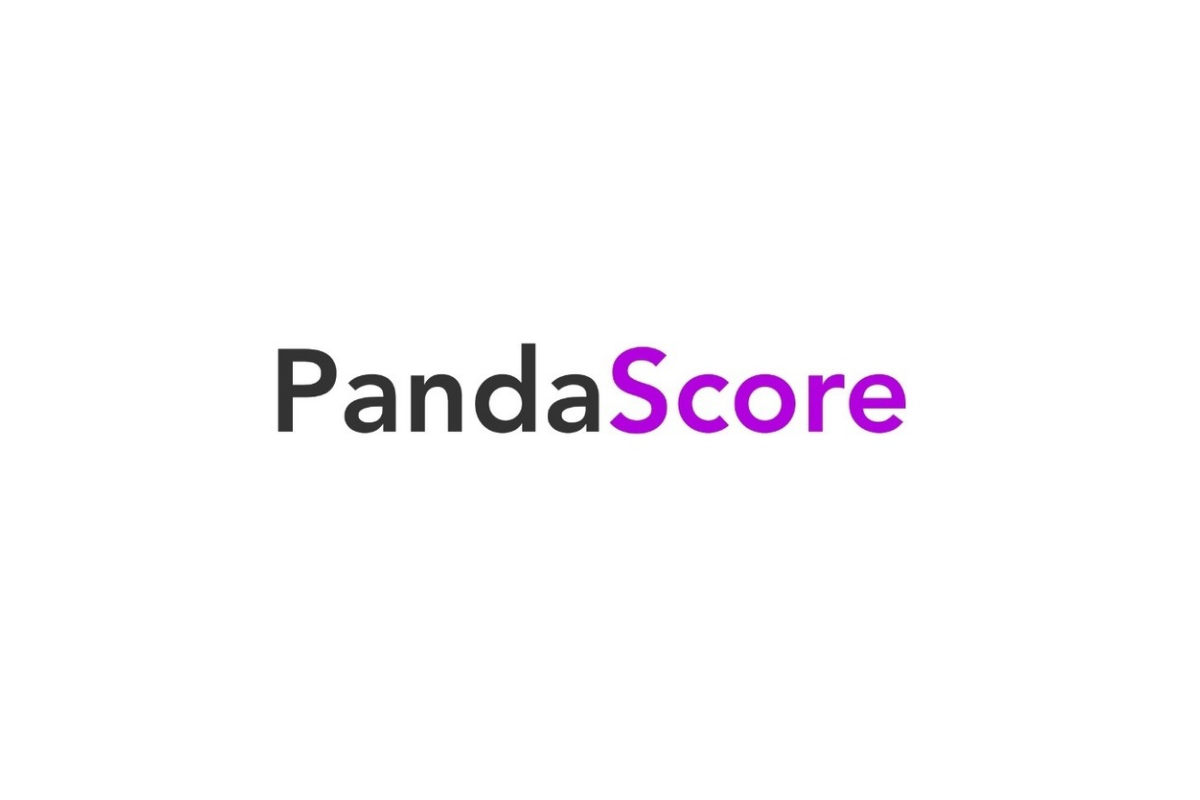
After a meticulous and measured research process in consultation with the needs of its clients, PandaScore has acquired a license to operate in the US state of Colorado.
Through the license, PandaScore has signalled its intentions in the US market: forging a supplier-led path to esports betting success in the US. Existing PandaScore clients can now enter the Colorado market, scale up their esports offering and build their future audience in the state’s esports-friendly regulatory framework.
Future clients can also be confident that working with PandaScore supports their growth strategy in the lucrative US market. The state’s esports-friendly regulatory framework serves as a solid foundation to cultivate an esports audience and take advantage of PandaScore’s innovative, revenue-driving products such as BetBuilder, player props and microbetting.
PandaScore selected Colorado as its first point of entry into US licensing thanks to the state’s large catalogue of esports titles and competitions that are eligible for regular betting, and the wide range of markets that can be offered. Additionally, the state’s flexible and innovation-friendly licensing regime makes it a strong market for PandaScore and its clients.
Securing the license also serves as proof of concept for the French esports supplier, PandaScore Legal Counsel Alexis Brunet noted that “securing the Colorado license is a strong signal of our intentions in the US and are serious about its potential. Esports in the United States is a fast-evolving regulatory environment, but it’s only going in one direction: expansion. We intend to provide our best-in-class products and services to our customers no matter where they are, and service one of the largest markets in the world.”
For PandaScore CEO Flavien Guillocheau, entry into Colorado in the US market was the natural next step in the company’s client-first, service-oriented approach: “For esports to succeed in the US, suppliers must lead from the front. Suppliers need to address the uncertainty around regulation which has held back operator investment and thus growth of the vertical.
“We’ve proven we know the market, get a license efficiently and do it in a way that puts operators first. We’re confident that if our clients are seeking entry into a given market, we can be completely straight with them, show them the viable pathway to success, and create the foundation and access they need to fully harness the potential of esports in one of its biggest consumer markets.”
-
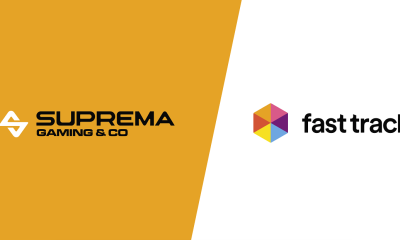
 Latest News3 days ago
Latest News3 days agoFast Track Secures Landmark Deal with Suprema Group – Setting a New Standard in the Brazilian iGaming Market
-
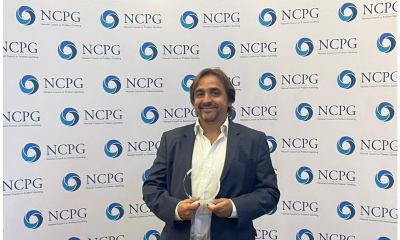
 Gambling in the USA5 days ago
Gambling in the USA5 days agoBetBlocker Recognised for Outstanding Contribution to the Prevention of Gambling Harm at NCPG Awards 2024
-
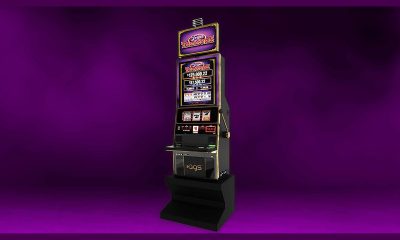
 Latest News3 days ago
Latest News3 days agoLight & Wonder Expands Presence in Oregon with Additional Placements of KASCADA Dual Screen Multi-Games
-

 Industry News4 days ago
Industry News4 days agoPenn Entertainment to Lay Off About 100 Employees
-

 Latest News3 days ago
Latest News3 days agoRakin’ Bacon Sahara® Launches Exclusively in New Jersey at Hard Rock Hotel & Casino Atlantic City and online at Hard Rock Bet
-

 partnerships3 days ago
partnerships3 days agoGGPoker & Triton Poker Offer High-Roller And Super-High-Roller Events At 2024 WSOP Paradise
-

 Latest News3 days ago
Latest News3 days agobet365 Announces Official Launch in Pennsylvania
-

 Daily Fantasy Sports5 days ago
Daily Fantasy Sports5 days agoDraftKings Becomes Official Partner of the WNBA







